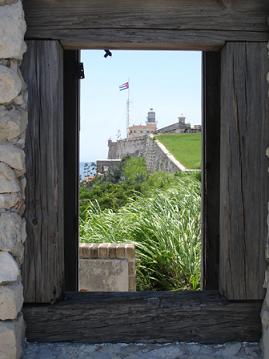
Photo: Brayan Collazo
The U.S. embargo against Cuba–quite possibly the most comprehensive and punitive piece of foreign policy legislation in modern U.S. memory– may be marching toward history.
Just a few weeks ago, a significant change in US foreign policy towards Cuba was made by the US Treasury Department. Negating a decision enacted by the Bush administration five years ago, the Treasury Department, which is charged with the responsibility of overseeing and enforcing a considerable portion of US-Cuba policy, announced that effective immediately, Cuban Americans will be allowed to travel to Cuba to visit family once a year (as opposed to once every three years) and no time restrictions will be imposed on these visits.
